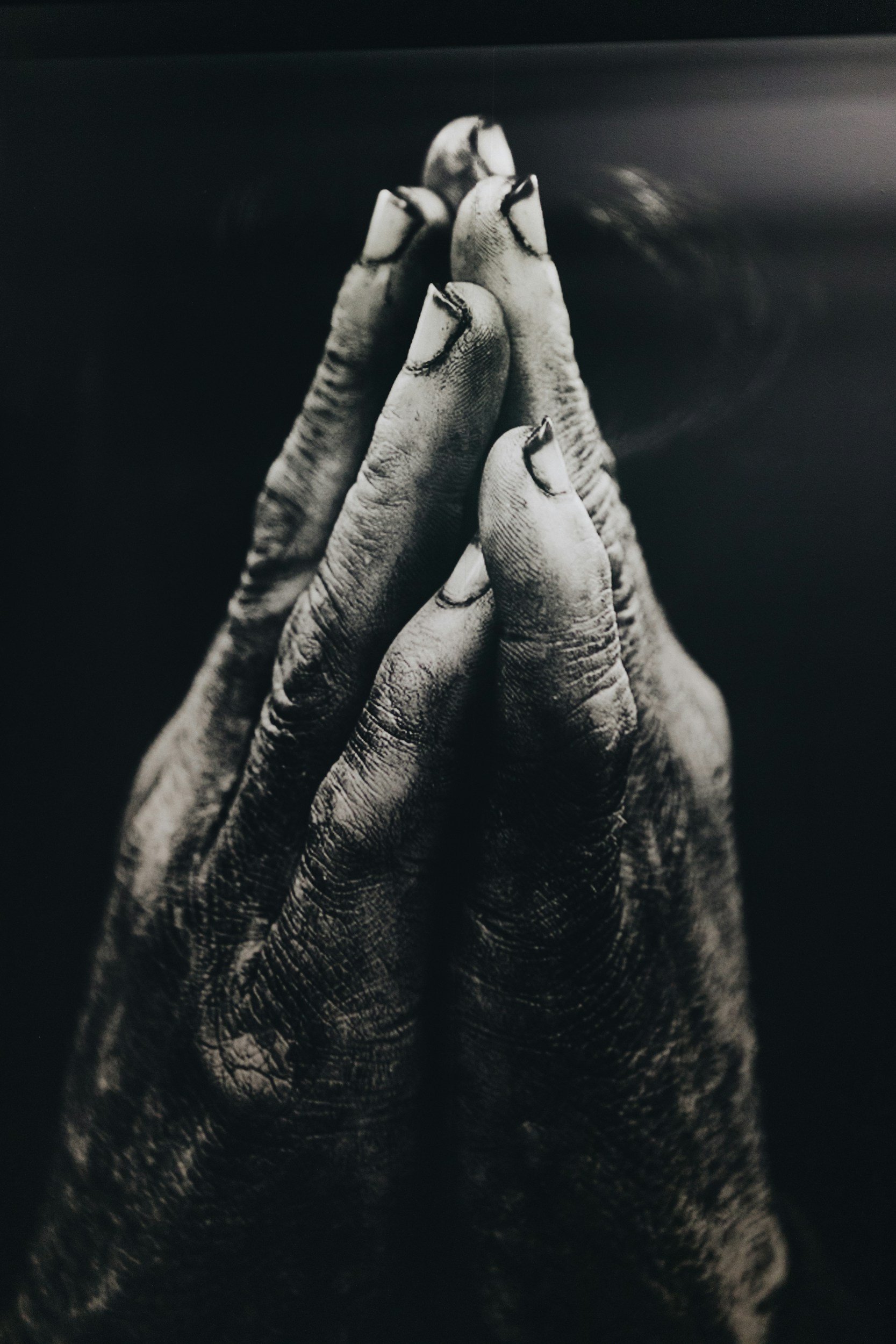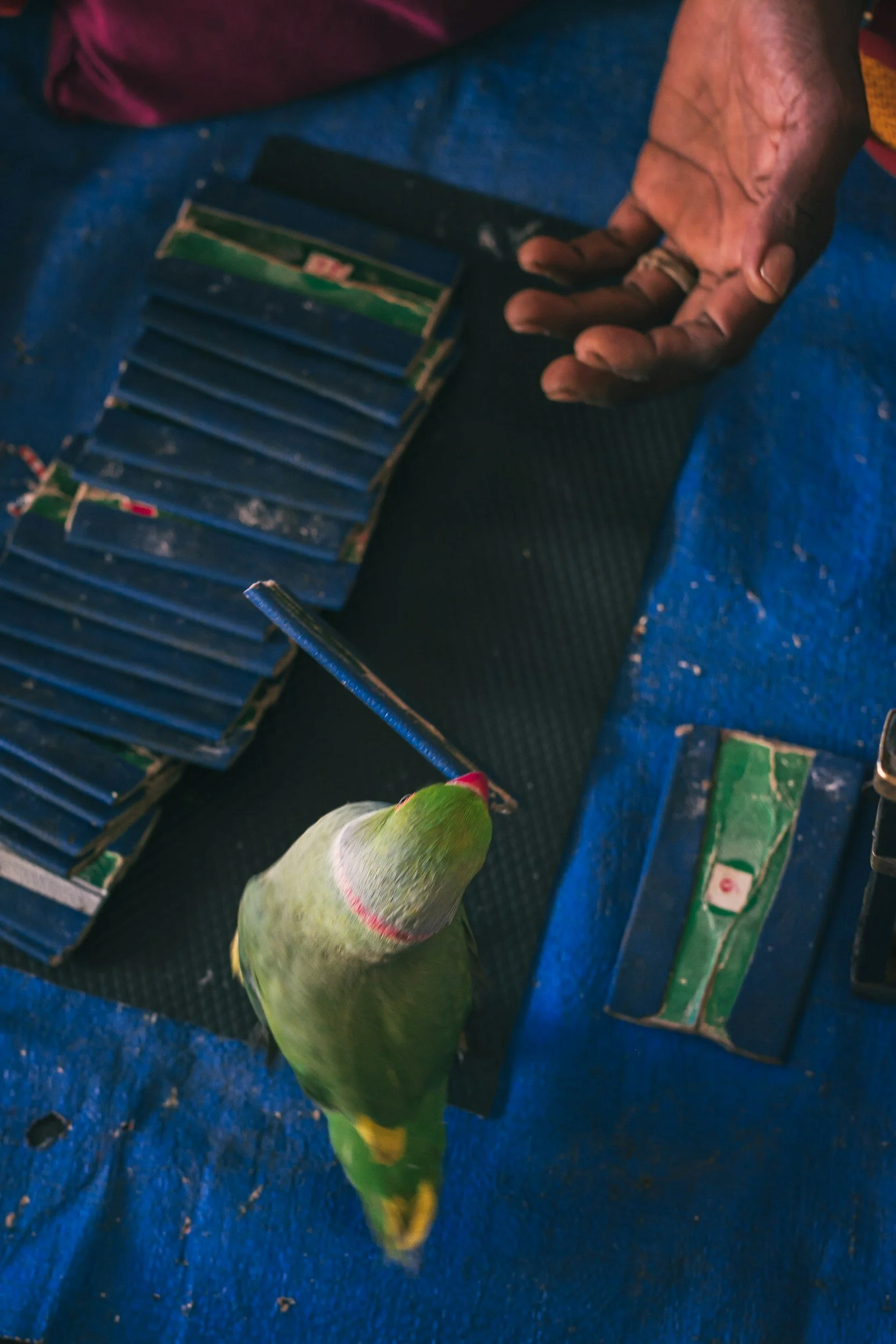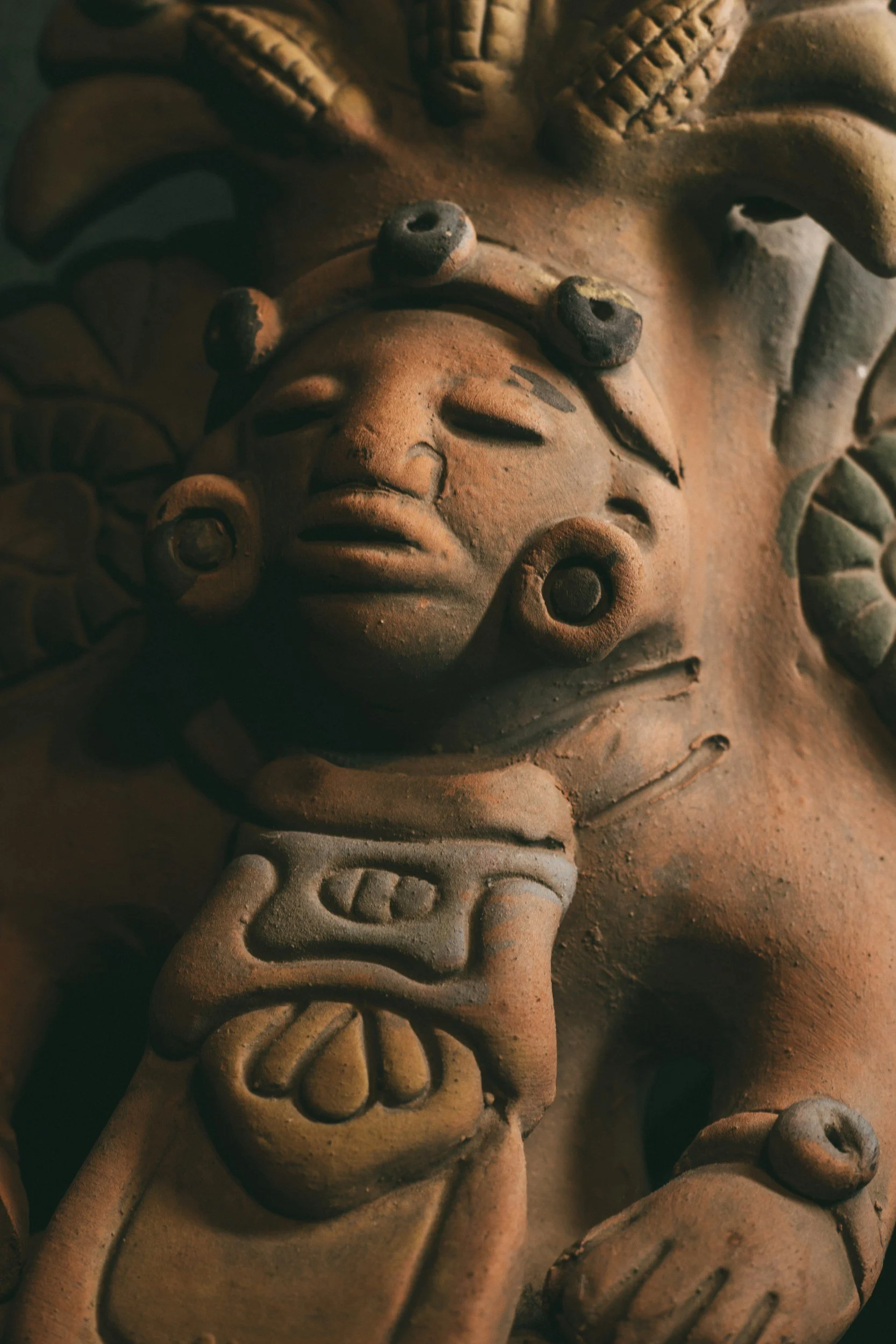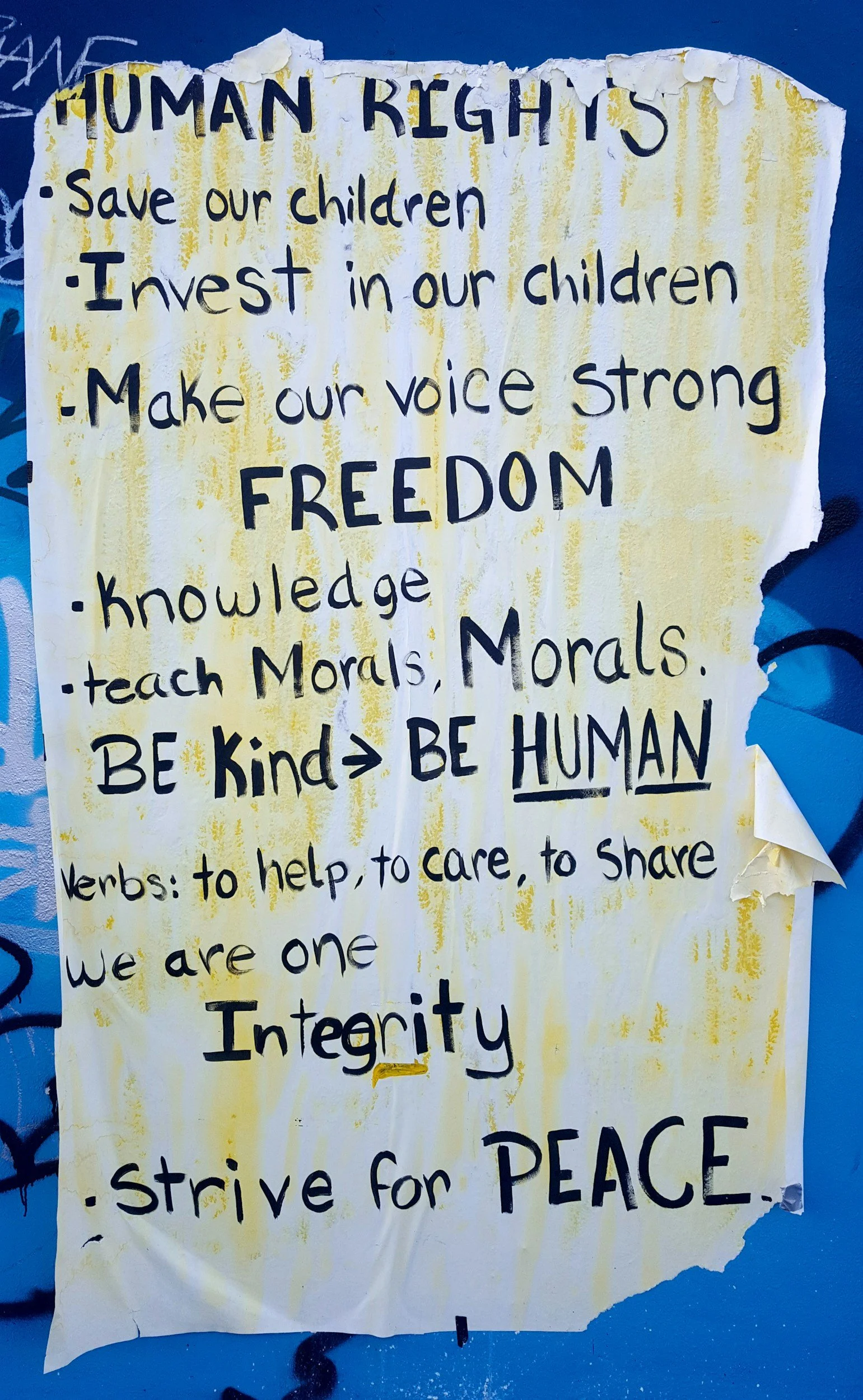Why Do Some Chiefs or Priests Not Finish Their Food Customarily?
In traditional Igbo culture, it is not uncommon to witness certain titled chiefs or elders or priests intentionally leave a portion of their food uneaten. To the casual observer, it might seem like a quirky habit or personal preference. But in truth, this act is deeply symbolic to spirituality, cultural philosophy, and ancestral wisdom.
They Never Eat Alone
One of the most important spiritual beliefs surrounding titled chiefs or priests is the understanding that they never eat alone. Regardless of how solitary the setting might appear, a chief or priest in Igbo land, because of their spiritual stature, is believed to be in constant communion with the spirit world. Be it ancestors, spirit guides, or guardian forces, the belief is that these unseen companions are always present.
Leaving behind a bit of food becomes a silent offering. A symbolic gesture that acknowledges and honors the presence of these spiritual allies. It is a sign of humility and respect, a reminder that no matter how high one rises in title or power, they are never truly above the divine forces that walk with them.
Children: Messengers from the Spirit World
Another layer to this custom involves the presence of children. In many traditional beliefs, children are seen as fresh from the spirit realm, pure, innocent, and closely connected to the spiritual world. When a chief, priest, or elder shares bits of their food with children around them, it’s symbolically an offering, given to those who are still tethered to the world beyond.
Children, in this context, serve as messengers or stand-ins for the ancestral and spiritual beings. From feeding children, the chief or priest is symbolically feeding the spirit world, maintaining spiritual balance, and reaffirming their connection to the forces that guide their title.
A Lesson in Spiritual Responsibility
This practice is also a lesson in the weight of spiritual responsibility. A chief or priest is a spiritual anchor. Every action, even something as simple as eating, carries deeper meaning. They must remain aware of their role as a bridge between the visible and invisible worlds.
This is why self-control, discipline, and intentional living are expected of titled elders. The unfinished food is not waste, it is wisdom in action.
A Culture of Sharing
At its core, this tradition also reflects a broader cultural value: the ethic of sharing. Chiefs and Priests, by their position, are supposed to embody generosity. Their food is not just theirs. It is the community’s, the ancestors’, and the future’s. To finish every last bite would be to deny the others at the table, both seen and unseen.
To Sum It Up
When a chief or priest leaves a portion of their food untouched or gives some away to children, they are speaking a language older than words. It is a gesture full of reverence, recognition, and rooted wisdom. It reminds us that in our culture, eating is not just about feeding the body, it is also about feeding the soul, acknowledging the unseen, and living in harmony with both the spiritual and human communities we belong to.
So the next time you witness this small yet powerful act, you’ll know: it’s not just about food. It’s about connection. Yagazie!
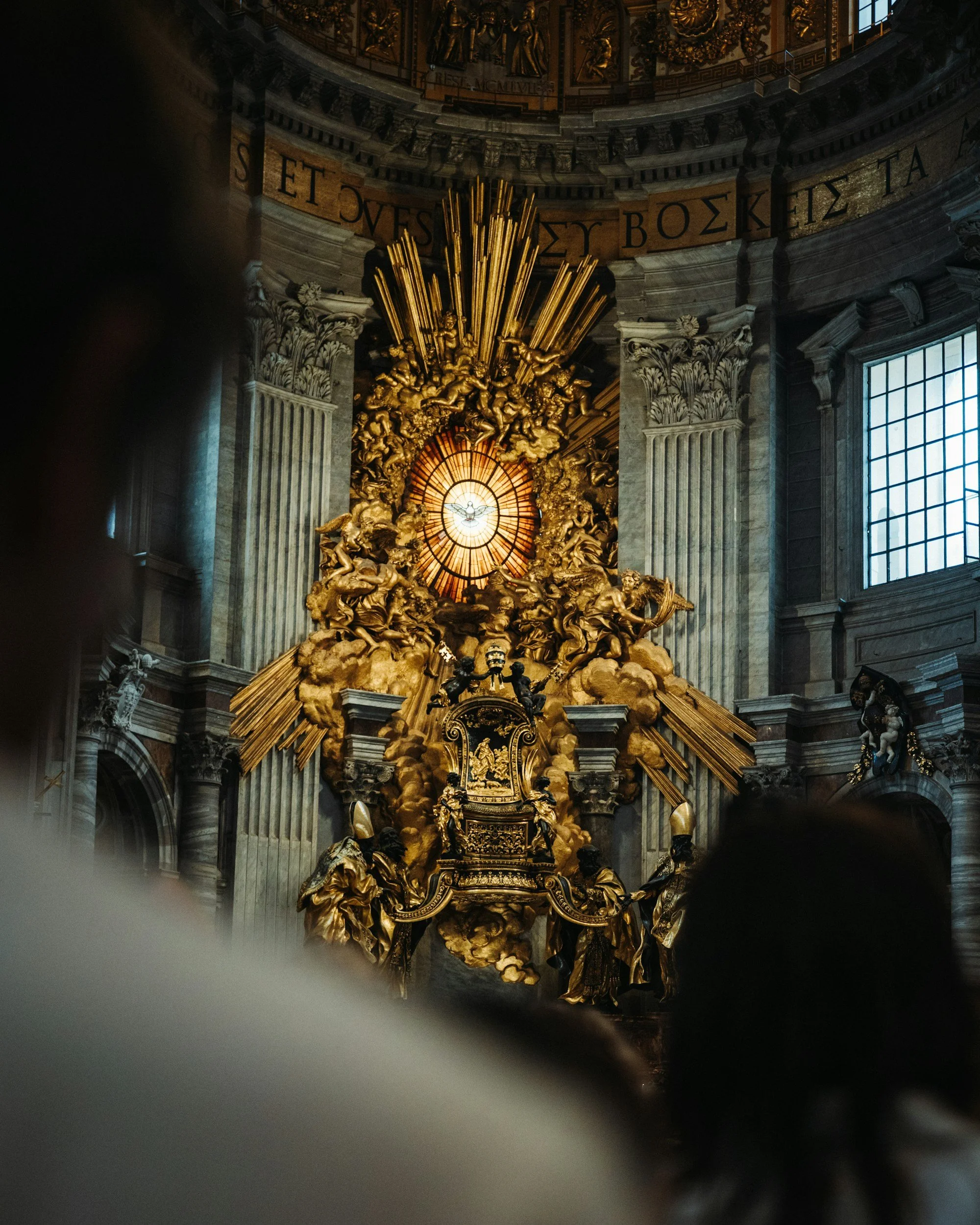
Join Odinani Mystery School for access to Exclusive in-depth teachings on ancient Igbo wisdom and mystical sciences!
Igbo writer, mystic and philosopher.

